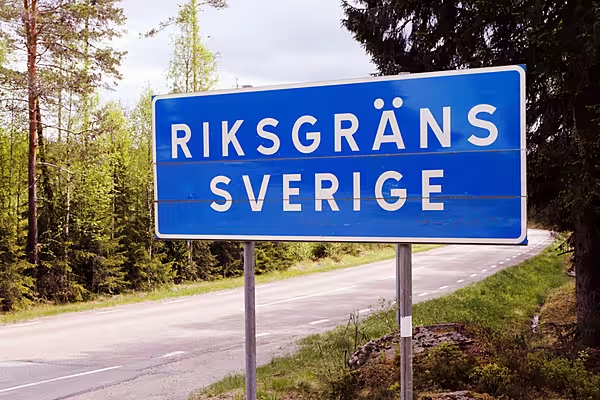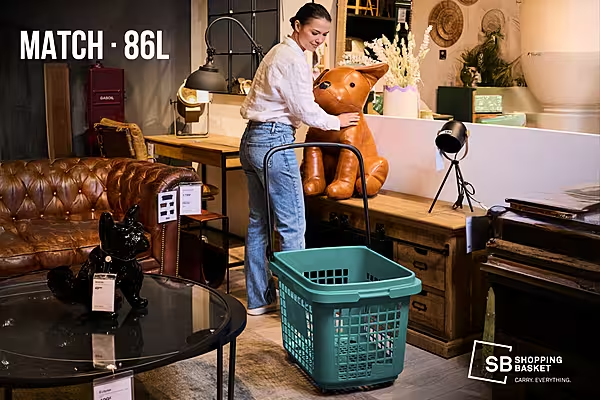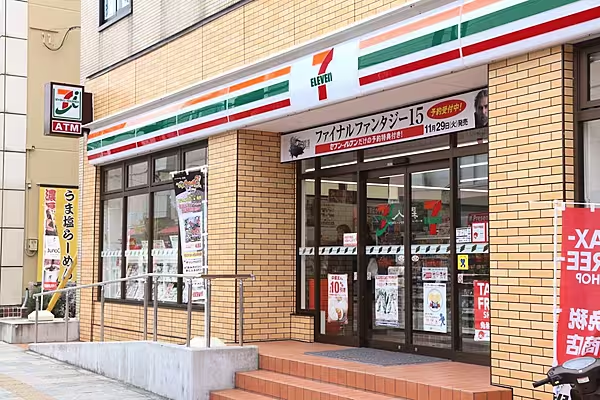Norwegian consumers tend to stock up on soft drinks and mineral water, alcohol, tobacco and confectionery when shopping cross-border, according to a new study by Statistics Norway (SSB).
It conducted a pilot study in September of last year, which saw respondents asked to fill out a web-based form outlining their cross-border purchases that month.
It found that Norwegian consumers spent NOK 2 billion (€202 million) on cross-border shopping in the period, and engaged in 1.2 million shopping trips. This works out at around NOK 1,632 (€165) per trip, according to SSB.
Of those that engaged in cross-border shopping, more than two thirds (68%) purchased food and groceries, with 61% buying soft drinks or mineral water, 60% buying chocolate and confectionery, 50% purchasing alcohol and 42% buying tobacco or snuff products.
Of the NOK 359 million that was spent on alcohol, NOK 199 million was spent on wine and spirits, the study found, while NOK 170 million was spent on beer.
In terms of tobacco products, NOK 146 million was spent on tobacco, while NOK 168 million was spent on snuff.
Spend In Sweden
Understandably, the majority of cross-border spend took place in Sweden, with 87.6% of the money spent on cross-border trade in the month of September allocated to Norway's biggest neighbour.
Elsewhere, 4.0% was spent in Denmark, 2.7% in Finland, 0.1% in Russia and 5.6% in 'other countries'.
The Strømstad/Nordby/Svinesund area was by far the most popular destination for border trade in Sweden, accounting for around 54% of spend, followed by Charlottenberg, which accounted for 22% of spend.
Similarly, Norwegian residents in the easternmost part of the country, including Akershus and Østfold spent the most on cross-border trade, of NOK 430 and NOK 359 million respectively.
Political Intervention
According to NHO Mat og Drikke (FoodDrinkNorway), which represents the food industry in the country, the study illustrates the need for political measures to be implemented to help reverse the cross-border trade.
"All product categories included in the border trade barometer have lower taxes in Sweden than in Norway," said Petter Haas Brubakk, director general.
"It is also obvious that the border trade barometer must go from being a pilot project to a permanent publication that measures and analyses the border trade on an annual basis. The knowledge from the border trade barometer must be used for policy formulation that contributes to reversing border trade."
© 2020 European Supermarket Magazine – your source for the latest retail news. Article by Stephen Wynne-Jones. Click subscribe to sign up to ESM: European Supermarket Magazine.














